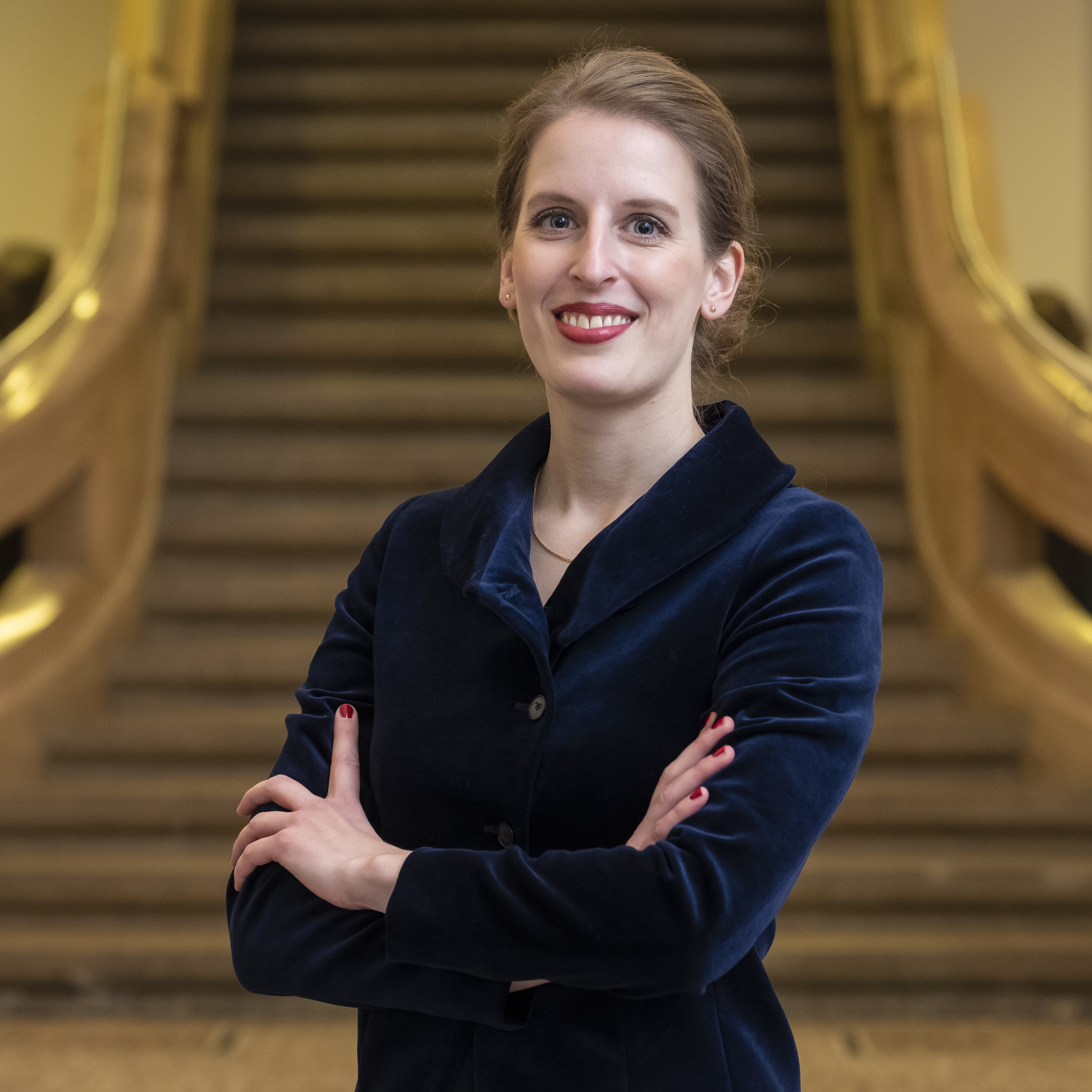Cum Laude doctorate for Sylvia Roozen [FPN]
On 30 January 2019 Sylvia Roozen obtained her PhD at Maastricht University with the Cum Laude predicate. She’s the 18th PhD student at the Faculty of Psychology and Neuroscience (since its establishment in 1995) to receive this distinction.
From Maastricht to South-Africa
Dr. Sylvia Roozen studied at the Faculty of Psychology and Neuroscience, Maastricht University and the Faculty of Social Sciences, Lund University Sweden. After her studies she left for South-Africa. “There I discovered how knowledge and practice go together”. The choice for South-Africa was an intuitive one. “I didn’t feel like I needed to save the world, but I wanted to learn something and do something”. Quickly, Roozen came into contact with the topic of her PhD thesis: Fetal Alcohol Syndrome.
Fetal Alcohol Syndrome
Fetal Alcohol Syndrome (FASD) is an umbrella term for different syndromes that cause damage to an unborn child through the use of alcohol during pregnancy. People with the syndrome display structural limitations (sometimes also in appearance) and can have functional problems with: memory, communication, and distinguishing right from wrong. Children can also have growth defects. “For us it’s important to work hard on prevention, because it’s 100% preventable”.
Multidisciplinary research
Within the Gouverneur Kremers Centrum, Roozen founded a multidisciplinary research team for preventive management of FASD. The team consists of colleagues from disciplines such as: gynaecology, obstetrics, paediatrics, neonatology, applied psychology, ethics, gastrointestinal and liver diseases, and intellectual disabilities. “The problem that we want to tackle is broader than is often thought”. At the foundation of the problem are ingrained behaviours. “We’re very good at coddling our society”. Telling people what not to do is less effective than focussing on what women, in this case, can do. Like learning to say no in socially difficult situations. It’s easy to assume it’s logical not to drink during pregnancy. “But for women with an addiction or a hard-to-kick habit, it’s easier said than done: I’m pregnant now, so I’ll stop drinking”.
An important health problem in need of prevention.
The title of her PhD thesis is: Fetal Alcohol Spectrum Disorders: an important health problem in need of prevention. The main idea is: there is a prevalent problem, FASD, that is preventable. Roozen and her team have been researching questions such as: how big is the problem? What causes the problem? How does it work molecularly? Why do pregnant women drink? What stigmas are attached to prevention (pointing the finger)? How can we help people with FASD?
The most important result of the research is that there’s still a lot science does not yet know. “In the thesis we conclude that it is a serious, preventable health problem. We mostly make recommendations to the scientific community on what areas are in need of research”.
Prevention needs to be looked at locally, every culture brings its own factors. “We know little about all these factors. The best way of preventing FASD is to keep asking these kinds of questions and to look critically at existing projects”. Roozen wishes that existing programmes will be systematically reviewed with all the knowledge gained for scientific research. It’s a large collaborative project, with many partners who continuously exchange knowledge and training. “That way we hope to eradicate FASD in, let’s say, 20 years”.
How did you experience your PhD defence?
“I’m also a musician and just like before a show, I felt a healthy amount of pressure. A gut feeling that says, ‘something is about to happen’. And then you’re standing there answering questions. I had a lot of fun doing it. In the end it wasn’t about the questions, but about the discussion you’re creating, it was a real party!”. The defence even led Roozen to a number of new partners that would like to contribute to the work she and her team are doing.
Continuing together
During her PhD she was a visiting scholar at the Foundation of Alcohol Related Research in South Africa; the department of Dysmorphology and Teratology, School of Medicine, University of California San Diego; the State University of San Diego, US; and the Telethon Kids Institute and Patches Paediatrics and Therapy Services in Australia. She also coordinates an international FASD consortium for the prevention and management of FASD, in close collaboration with the European FASD Alliance. Her work resulted in different (inter)national collaboration in countries such as: Australia, Brazil, Canada, Germany, Poland, the UK, US, and South-Africa.
“We have a serious health problem. We should do something about it, because it is preventable. Our research continues after my PhD. The most important thing is that we do it together, a multidisciplinary work method is a ‘must’ in projects like this.”
